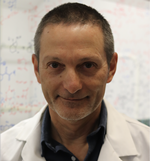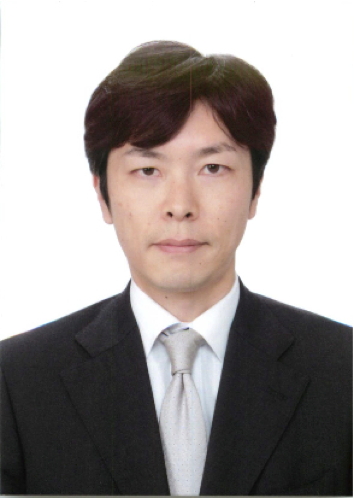
2025 Speakers
Prof. Vladimir Gevorgyan
University of Texas at Dallas, USA
Vladimir Gevorgyan received his PhD from
the Latvian Institute of Organic Synthesis in 1984. After two years of
Postdoctoral research (1992-1994, JSPS- and Ciba-Geigy International
Postdoctoral Fellowships) at Tohoku University, Japan, and a visiting
professorship (1995) at CNR, Bologna, Italy, he joined faculty at Tohoku
University (Assistant Professor, 1996; Associate Professor, 1997-1999).
Vladimir Gevorgyan joined UIC as an Associate Professor in 1999. He was
promoted to the rank of Full Professor in 2003, and a Distinguished
Professor of Liberal Arts and Sciences in 2012. In 2019, Vladimir Gevorgyan
moved to Texas to become a Robert A. Welch Distinguished Chair in Chemistry
at the University of Texas at Dallas. He also holds a Professor position at
the University of Texas Southwestern Medical Center.
Gevorgyan group focuses on development of novel synthetic methodologies. The
emphasis is placed on conceptual novelty and potential application of the
newly developed methods in synthetic and medicinal chemistry and materials.
Prof. Kazuo Umemura
Tokyo University of Science, Japan
Dr. Kazuo Umemura is a full professor of
Tokyo University of Science. His specialty is biophysics, especially,
nanobioscience and nanobiotechnology. One of his recent interests is
nanoscopic research of hybrids of biomolecules and carbon nanotubes (CNTs).
Unique structures and physical/chemical properties of the hybrids are
promising in biological applications such as nanobiosensors and drug
delivery.
Dr. Umemura received his B.S. degree in Physics from Nagoya University. His
M.S. and Ph.D. degrees were given from Tokyo Institute of Technology. After
working at several institutes/universities as a researcher in Japan and in
China, he became a professor of Tokyo University of Science. Kagurazaka
campus of Tokyo University of Science is located at the center of Tokyo, so
five subway/railway lines reach in front of the campus.
Prof. Yasuhiro Morisaki
Kwansei Gakuin University, Japan
Yasuhiro Morisaki is Professor at Kwansei
Gakuin University. He graduated from Kyoto University in 1995, and then, he
received Ph.D. from Kyoto University in 2000. After a six-month postdoctoral
stay at Osaka National Research Institute, he joined the group of Professor
Yoshiki Chujo as Assistant Professor at Kyoto University in 2000. From 2004
to 2005, he carried out postdoctoral work at the University of Alberta. He
became lecturer at Kyoto University in 2008 and full Professor at Kwansei
Gakuin University in 2015. His research interests focus on polymer and
organic synthesis, in particular, cyclophane chemistry.


